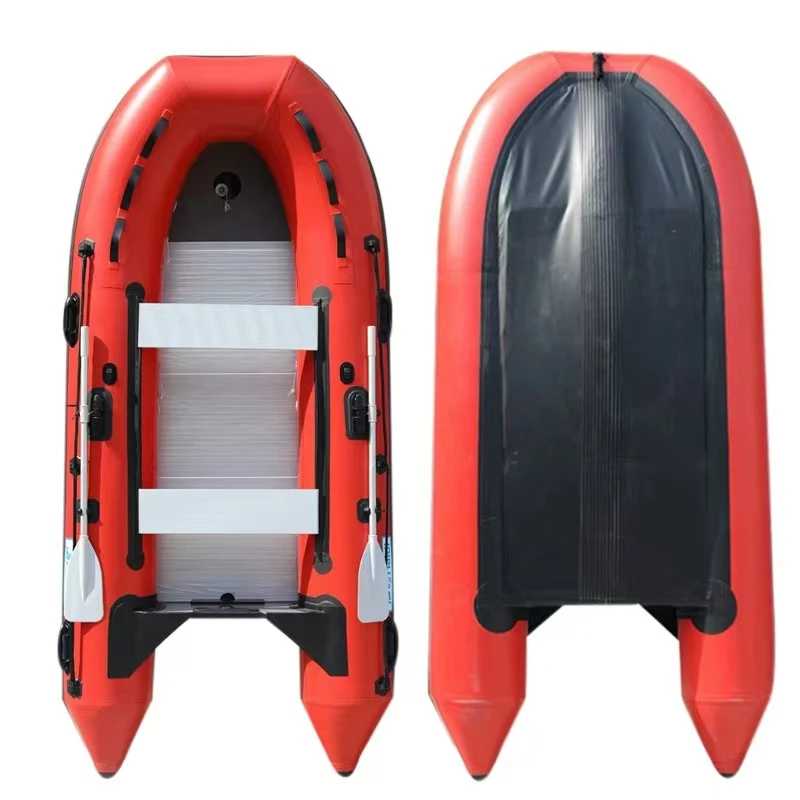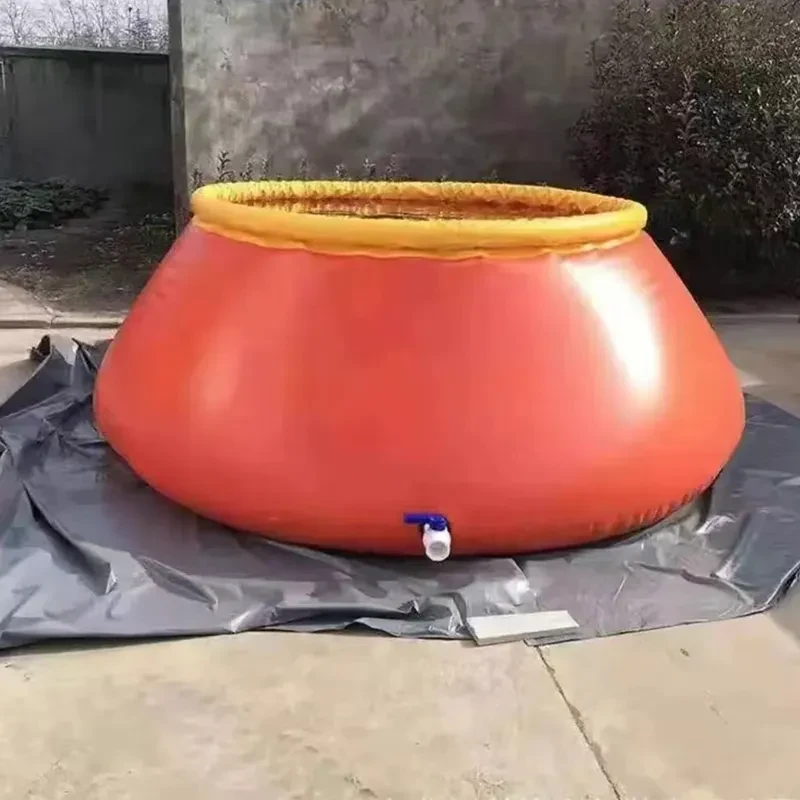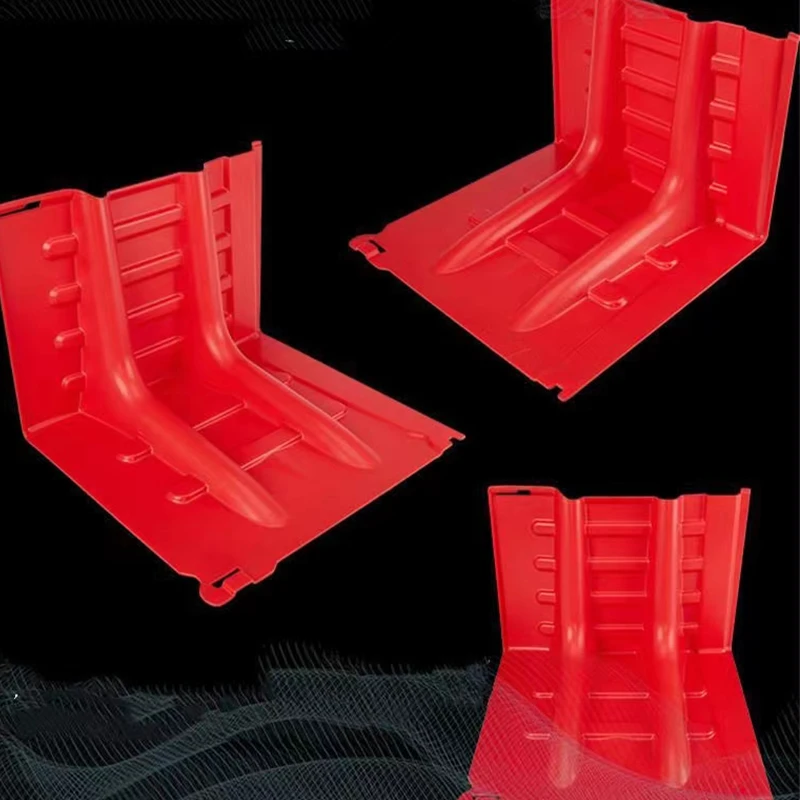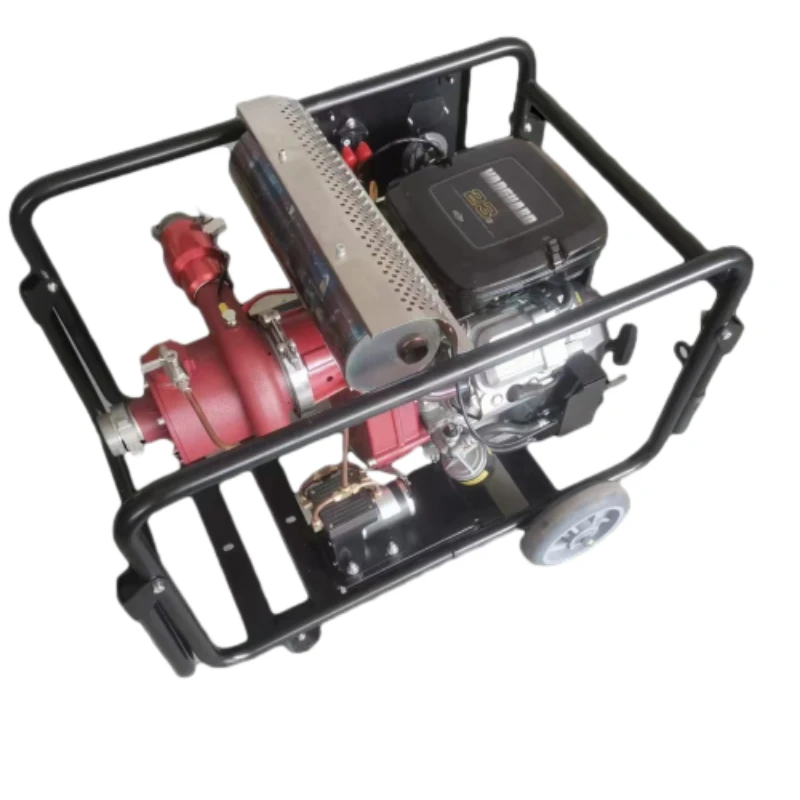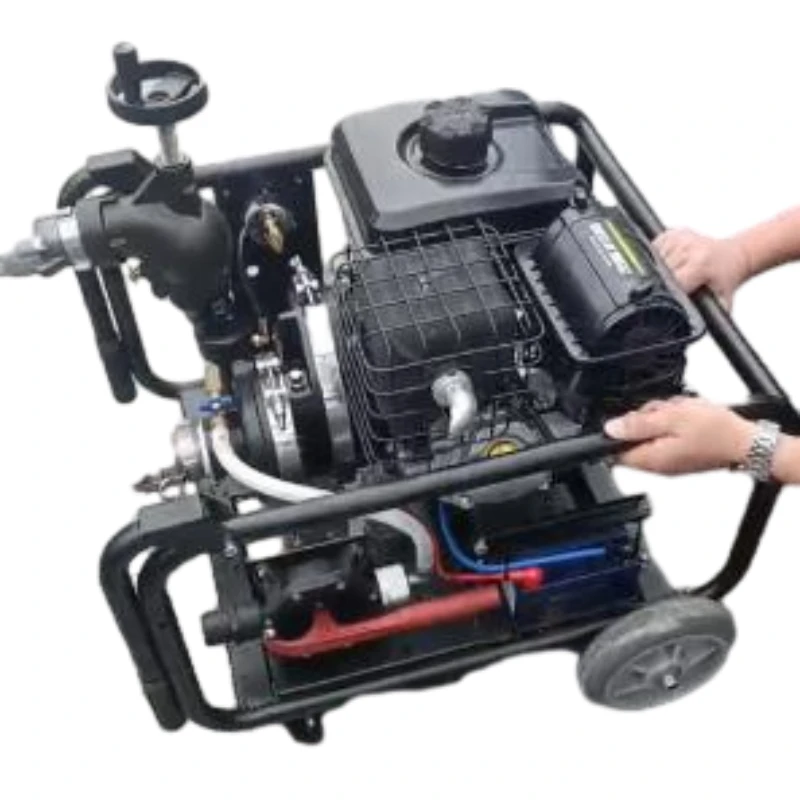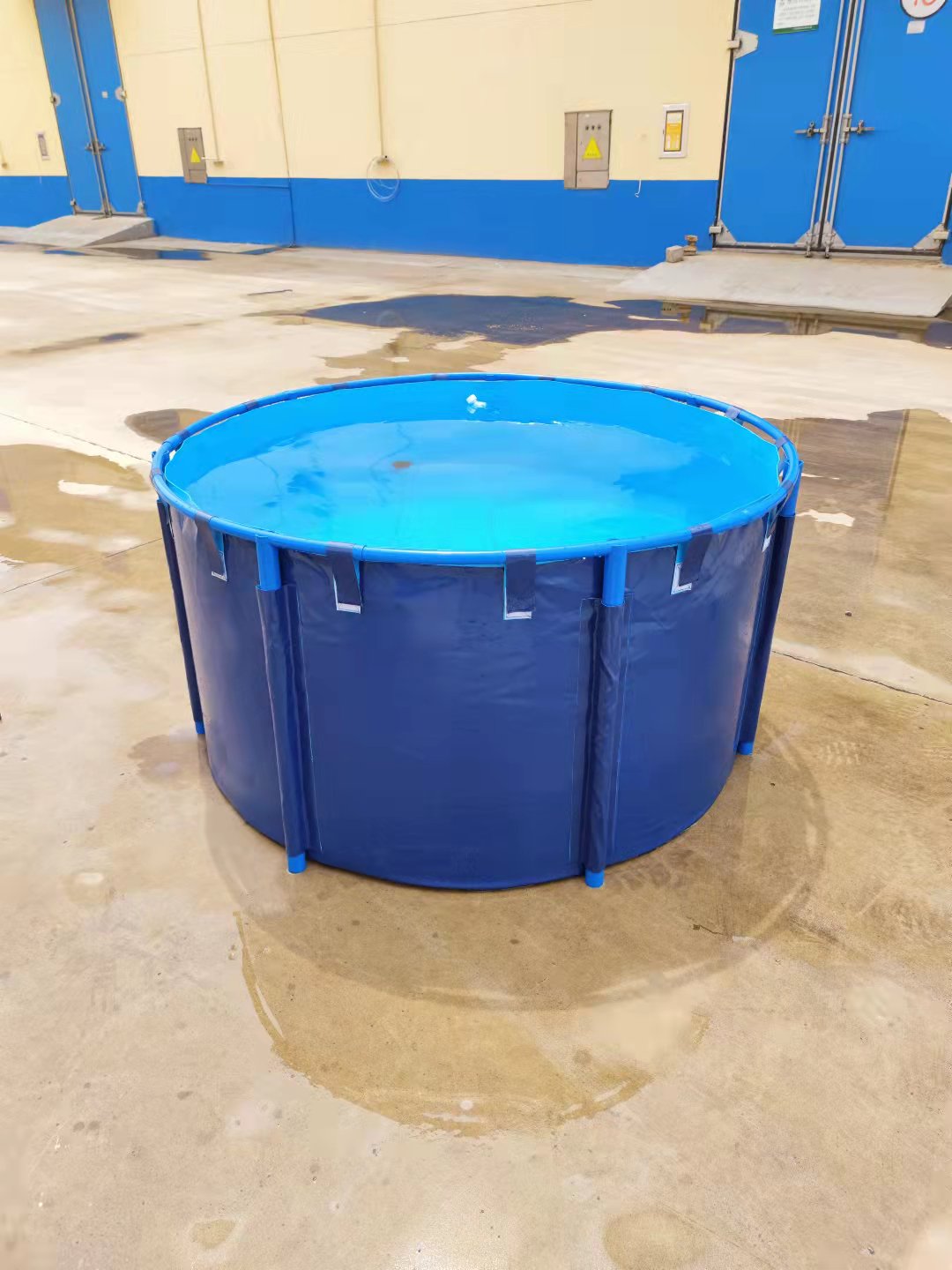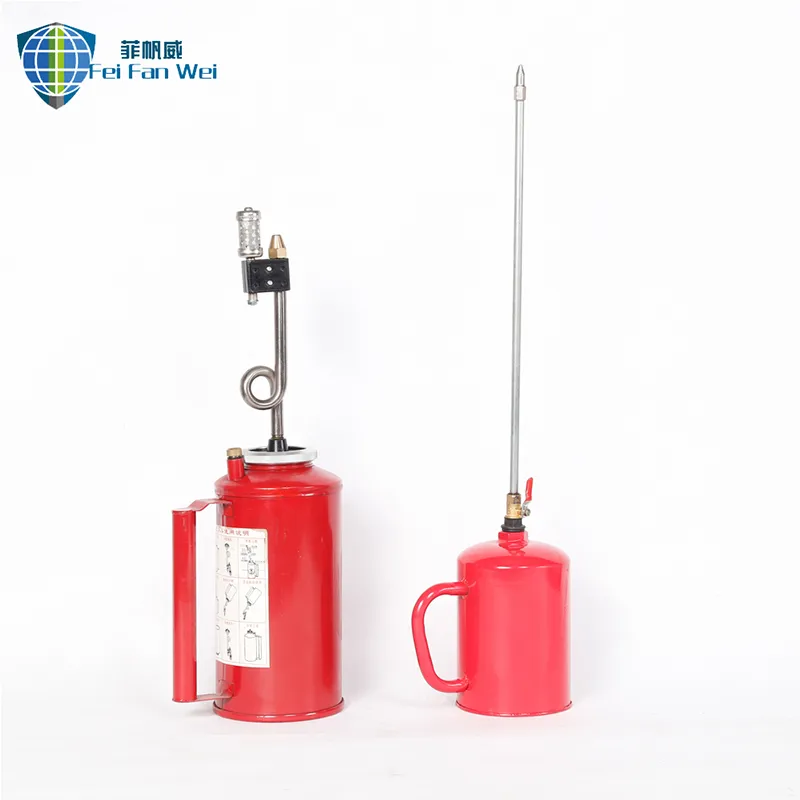
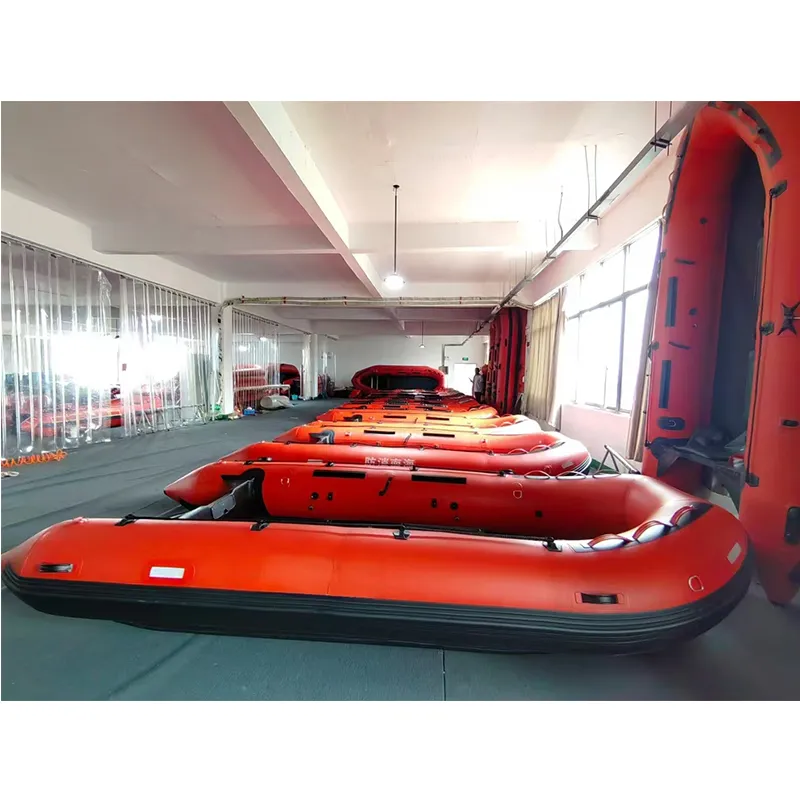
- Reliability and Maintenance Schedule regular inspections and maintenance to ensure the longevity and reliability of the fire pump. Choose a pump system from a reputable manufacturer known for durability and backed by a comprehensive warranty. - Power Source Availability Decide between electric and diesel-powered pumps based on power availability and reliability in your area. Diesel engines are often preferred for their reliability during power outages, a common occurrence during fires. - Cost and Budget Factor in not only the initial purchase price but also installation, maintenance, and operational costs to determine long-term affordability. Installation and Professional Consultation Hiring professionals for the installation of fire pumps is non-negotiable. With extensive experience and specialized skills, these experts ensure that the system is set up correctly, tested comprehensively, and complies with all necessary regulations. A robust fire pump system is an investment in security and peace of mind, and poor installation can compromise its effectiveness. Innovations and Future Trends Emerging technologies continue to revolutionize fire protection systems. For instance, advanced materials that enhance pump durability and efficiency, smart sensors for remote monitoring, and integration with building management systems are gaining traction. Keeping abreast of these innovations can assist facility managers in adopting cutting-edge solutions that offer heightened protection. Conclusion Choosing the right fire pump involves a blend of strategic decision-making and reliance on specialist input. A fire pump that meets the functional demands of your facility and adheres to safety standards is indispensable in safeguarding against fire hazards. Prioritizing experience, expertise, authority, and trustworthiness in fire pump selection and maintenance decisions can ensure optimal performance and peace of mind. In an ever-evolving landscape of safety regulations and technological advancements, ongoing collaboration with fire protection specialists is imperative to maintain robust fire protection strategies.









